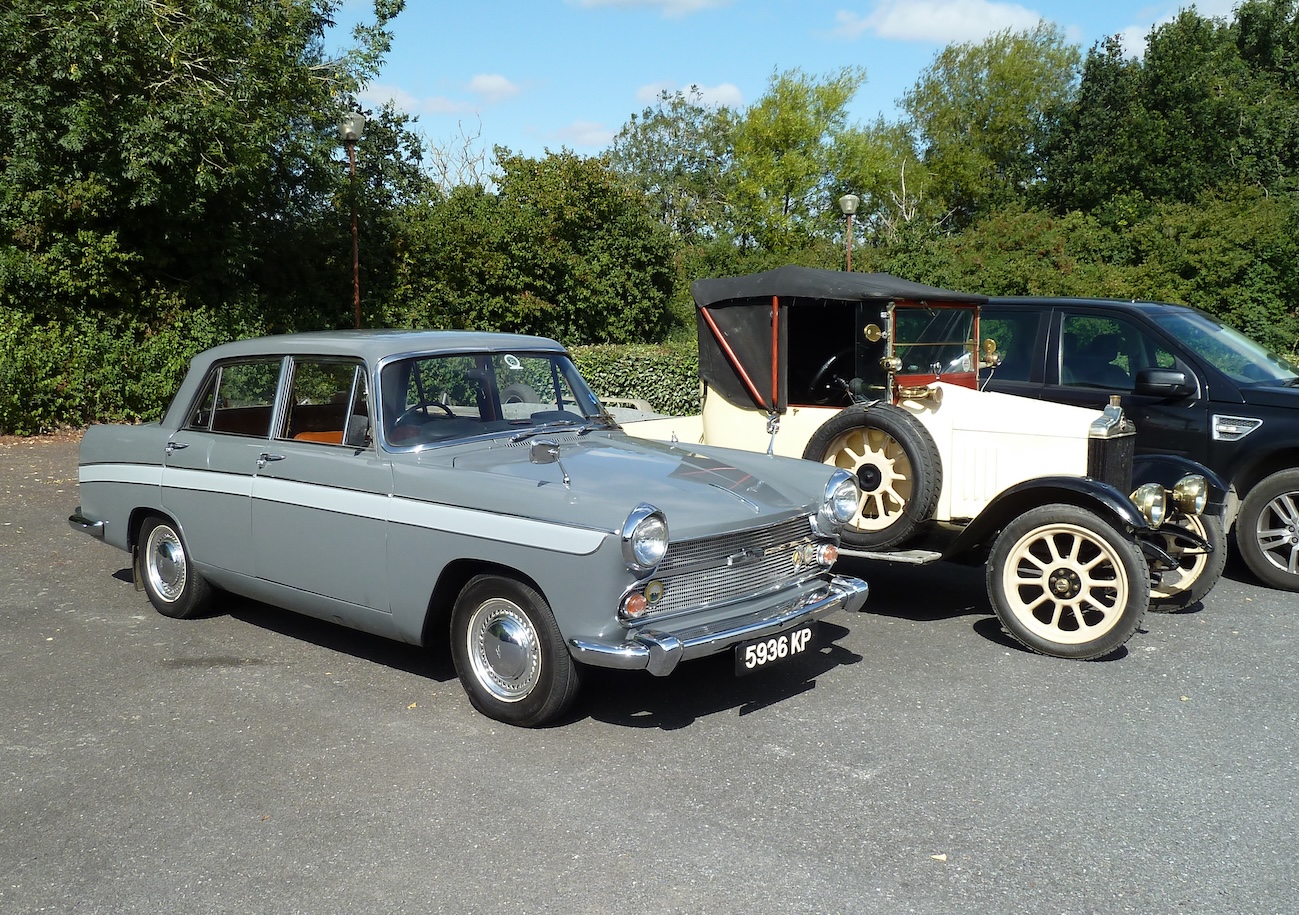 More to come after 26th August regarding DVLA updating classic and modified car registration policies – by Dave Moss.
More to come after 26th August regarding DVLA updating classic and modified car registration policies – by Dave Moss.
(Photograph © Kim Henson).
The DVLA has announced it will introduce updated notification policies for registration of newly repaired, restored or modified vehicles – with effect from Tuesday August 26th.
From that date, what it describes as “like-for-like” repairs and restorations will no longer need to be reported to the DVLA, while more widely modified vehicles, including electric vehicle (EV) conversions, will be allowed to retain their original identities.
The changes will represent the biggest shake-up of registration policies affecting such vehicles in many years, which the DVLA claims is intended to ease the task faced by owners and enthusiasts in registering and returning such vehicles to the road. New guidance will be issued, more closely reflecting today’s restoration and repair processes, which is intended to deliver a simplified registration procedure – while continuing to ensure vehicle safety and maintenance of accurate official records.
Existing policies affecting rebuilt and radically altered vehicles are being changed to reflect findings from a recent consultation “call for evidence”, which received more than 1,350 responses from interested parties, particularly classic car owners, motor clubs and the historic vehicle sector. Two new sets of guidance will be issued, applying to all classic and modified vehicles, regardless of age.
Policy changes which will become effective when the guidance is released are likely to include:
Like-for-like repairs and restorations no longer requiring notification to the DVLA, so long as the vehicle’s appearance is as originally manufactured, and there are no changes to the V5C log book;
Vehicles which have undergone significant structural modifications will be able to keep their original Vehicle Identification Number (VIN) and registration number, but the DVLA will still require notification of such changes by the registered keeper;
Vehicles converted to run on electrical power will also be able to retain their original identity, though again the registered keeper must notify DVLA of the changes made.
In announcing that big changes are imminent, Minister for the Future of Roads, Lilian Greenwood, said: “We know how much love, time and effort goes into keeping classic cars – and we’re right behind the community. These changes are about cutting red tape and making life easier for enthusiasts, whether you’re restoring a vintage gem or converting it to electric. It’s all about celebrating the UK’s amazing motoring heritage, and helping the industry thrive well into the future.”
DVLA Chief Executive, Tim Moss, added: “We recognise the time, passion and care that keepers of classic vehicles invest in keeping their cars on the road. These updated policies support historic vehicle keepers, and the wider industry, with clearer registration processes that reflect modern restoration and modification practices, helping safeguard the UK’s rich and wonderful automotive history. These changes will allow enthusiasts to focus on what they love most: preserving and enjoying these remarkable vehicles.
Only when the new guidance and policies come into effect will the full extent of the changes become clear. The Government has promised that all new guidance will be made publicly available at: www.gov.uk/vehicle-registration.